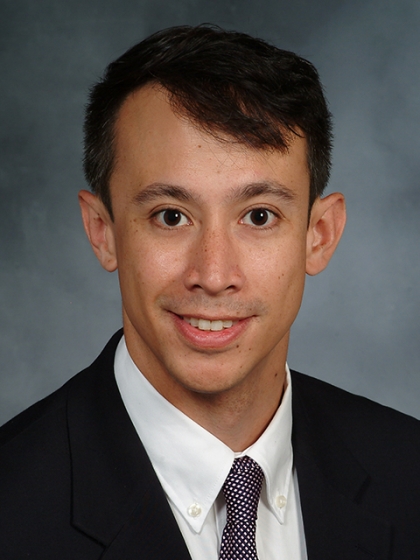A Philosophical Reflection on the Medical Mission
A year may have given me enough time to digest my experiences in Samar. I could always use more time to recount it, to convince myself that things like the mission actually exist – and that I was included.
I guess I should start at the end, since we’re moving backwards in time. At the final dinner, Dr. Pacifico Dorado, SPSA Medical Mission Chairman, closed his speech with “If you want to be happy for a lifetime, serve humanity.” Money, fishing, and naps only have a transient handle on time; “happiness” with a lower-case “h”. Plato would call these entrapments “particulars”. Pieces of the mortal life, blips on the radar. But serving humanity transcends time, making it a “universal”. According to him, Happiness is life pursuing universals. Dr. Barcelona calls serving other humans “Christianity in action”. Marx, the Species-Being ideal. Kant, the Categorical Imperative. Call it what you want, it’s liberation to the upper-case “H”.
It’s strange. Naturally, I expected instant gratification, because I knew I was doing a good thing. I thought I would feel like a kid in a candy store.
The patients, mostly older than I, had lived far more taxing lives than any American could imagine. They looked more sick with despair than they did with uterine cysts, bowling ball-sized goiters, or tumors that spanned the physiological spectrum. Yet, a little hope shimmered upon eye contact with anyone waiting in the hallway – here I was looking at the floor. Avoiding. It was only day one and I already felt more helpless than they did. I thought walking in the surgical socks made me look like a 3-year old on ice skates. What could I do for anyone? In America I’m defined. I’m a restricted undergrad who knows some cool stuff about the sciences. I can look, but can’t touch. The jawbreakers look tasty, but I’m a nickel short. Here, I was assisting these doctors in the OR. An alien with no proof of insurance. No external governing body. No socio-academic status. No restrictions except the unspoken, mutual trust shared by myself and every patient I encountered. It needed no language to be understood. All I had was the right intent. And that was enough. That, I believe, was the most humbling realization of my lifetime.
So I began to put stones in place. An archetypal foundation of knowledge and confidence under the direction of the surgeons. I got first hand experience. I met Willy Wonka. And beyond all the titillating, mouth watering, medical candy I noticed something far more interesting. Upon arriving in Samar, some of the doctors still had the wear and tear of the “real world” on their faces. International calls were still being made rescheduling appointments, worrying about overheads to be paid; all the tedious odds and ends inherent to the outside world Business of Medicine. I got the impression that performing in the Philippines for the mission was almost a chore. The first day in the OR was all business. We worked with machine-like execution. Blank faces all around the room.
Day two was when I heard it. Dr. Barcelona cracked a joke. Other doctors laughed. Then the nurses. Slowly it spread throughout the entire SPSA staff. The room got a little warmer. I noticed the walls in the OR were sea-green. All of the sudden the “real world” didn’t exist. All that was left was love for our work. Passion for our labor. When I say this now it sounds pretentious. But it was real. It was simple. Each operation was a direct doctor-patient relationship with no payment plans or fine print. I watched the disposition of each doctor move from the Business of Medicine back to the Art of Medicine. Back to the reason they do what they do, happiness to Happiness. Aristotle defines Catharsis as a “purification” or a restoration of life from an extreme change in emotion. I witnessed the surgeons wake up to artistry from mechanical dormancy.
Aristotle got it right when he said Happiness is an activity. Marx perfected it; laboring in the service of humanity pays in Happiness. It is our essence to do the former in order to attain only the latter. Nevertheless, it’s still work. Standing for twelve to fourteen hours a day arched over a table without losing dexterity isn’t easy. Yet, I’ve never worked so well on four hours of sleep, and awoken as recharged, as I did that week. Tilapia and packaged coffee always taste better before the morning paper arrives.
I think I slept an entire day after the week ended. I’d do it again anytime. I’d love to really wake up for another week. I’ve learned that lifetime experiences require that you live for others. Anyway, the flight only takes a day or two, and you can sleep on the way.
Eric Mallack is a pre-med student (philosophy/biomathematics major) and Vice-Chair of Series, Executive Board, University of Scranton Programming Board, who joined the January 2006 SPSA Medical Mission to Calbayog, Samar, Philippines. Editorial Suggestions by Dr. Stephen E. Whittaker, Dr. Mary Engel, and Vincent Solomeno
